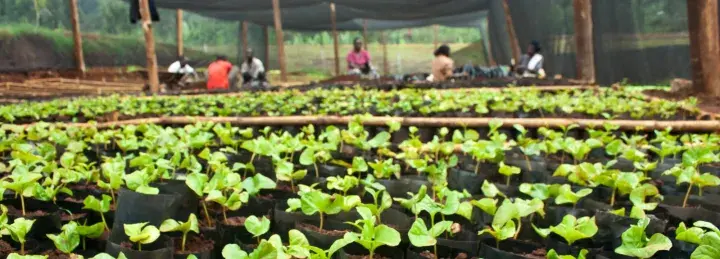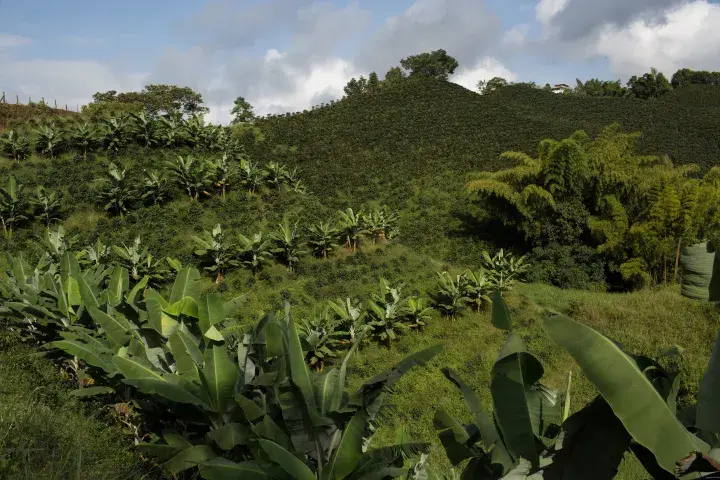Taking sustainability seriously is no longer a nice to have for companies but a must.
The EU’s legislative projects on sustainability are making many of the previous voluntary sustainability action mandatory. This has far reaching impacts through the supply chains of EU companies, all the way to raw material producers around the world. The Corporate Sustainability Due Diligence Directive (EU CSDDD) has just passed an important milestone with the European Parliament and Council reaching a provisional agreement on the text. The most comprehensive due diligence legislation to date, the EU CSDDD will require all parts of a supply chain to work together to achieve compliance.
ISEAL recently co-hosted a workshop in Ghana alongside the International Trade Centre (ITC), to discuss the EU CSDDD with a focus on the cocoa sector. It was an opportunity to share information about the directive and how sustainability systems could play a role in the required due diligence process; and learn what concerns stakeholders have, gaps to successful implementation and how these might be closed.
ISEAL’s Business Engagement Manager, Robert Suter, joined producers, Cocobod, company representatives and government officials, alongside co-hosts of the International Trade Centre in the workshop attended by more than 90 stakeholders. Drawing on the human rights and environmental due diligence expertise in the room, the participants considered preparation for implementation of the EU CSDDD among policy makers and national authorities in the EU, governments in exporting countries, sustainability systems and value chain actors.
“I had the opportunity to hear from representatives of the Ghanaian cocoa industry supply chain, NGOs and government about concerns, challenges and the path towards readiness for EU CSDDD implementation.
The Ghana Cocoa Board plays a huge role in the cocoa supply chain in Ghana. It was encouraging to see their representatives leading this dialogue,” Suter said. “Everyone is playing their part in the collective effort to get Ghana’s cocoa sector ready for EU CSDDD implementation. The recognition that only a coordinated joint effort can avoid an overwhelming amount of different due diligence approaches overloading supply chain actors was underlined again and again.”
The workshop highlighted the concern that this directive could lead to certified producers duplicating considerable effort to provide repeat information about their production. Greater coordination of platforms and organisations that facilitate exchange will be needed. Sustainability systems can help ensure that duplication is avoided by working with the platforms and organisations to harmonise approaches for EU CSDDD implementation.
A need for simple accessible communication about the EU CSDDD and its implications was also emphasised. Noting that through harmonisation stakeholders can meaningfully participate in collaborative solutions that work in practice.
ITC is conducting pilot projects on designing and implementing accompanying measures to the EU corporate sustainability due diligence directive. The process promotes collective and individual action and co-investment, through ITC’s Alliances for Action approach. ITC is finalising a report on lessons from their workshops. ITC’s work draws on support from the Dutch Ministry of Foreign Affairs funded Netherland’s Trust Fund V (NTFV) programme and the EU-OACPS Rapid Response Window under the ‘ACP Business-Friendly' programme. This workshop is the second in a series of three by ISEAL, supported by the Swiss State Secretariat for Economic Affairs SECO. The first workshop was in India and the final one will take place in South America this year.



